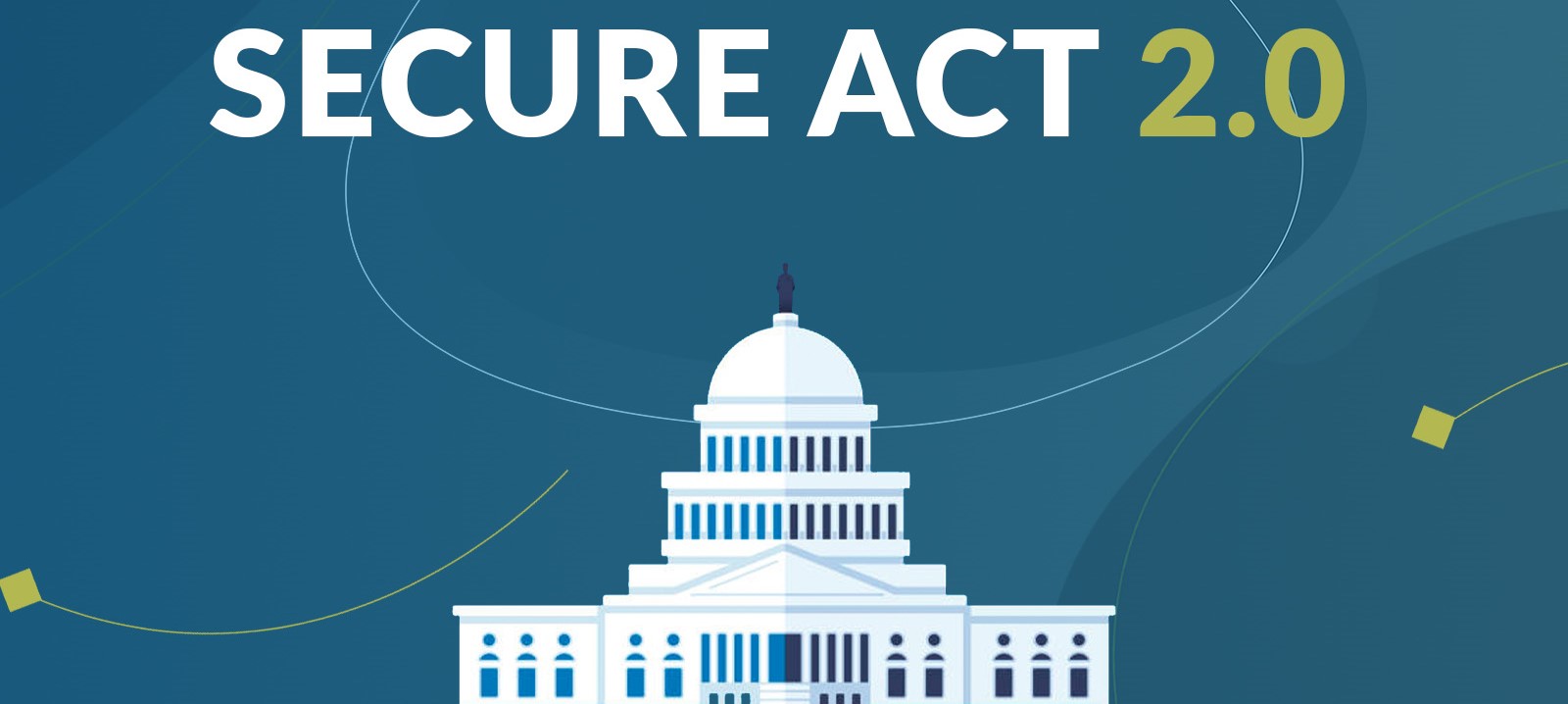If you want to leave your IRA to an adult, you simply name that person on the IRA beneficiary form. Unfortunately, when it comes to a minor, it is not that easy.
When a minor inherits retirement dollars, the child is not legally able to make financial decisions. As a result, a guardian is necessary. Guardians can be named in a parent’s will, and some IRA beneficiary designation forms allow the nomination of a guardian. The court can also appoint a guardian, but this can be a long and expensive process.
Custodial Accounts
Another option is to name a custodial account for the minor on the beneficiary form. Custodial accounts established under either the Uniform Gifts to Minors Act (UGMA) or the Uniform Transfers to Minors Act (UTMA), depending on state law, can be used for this purpose. The IRA owner also names the custodian of the account on the beneficiary form.
Trusts
For IRA owners with large balances who want more control after death, naming a trust established for the benefit of a minor beneficiary can be a solid strategy. However, the rules for RMDs from inherited IRAs to trust beneficiaries can be complex. The SECURE Act and the proposed regulations maintain the “look-through trust” rules that existed under prior law. If a trust for a minor child of the IRA owner meets these requirements and the child is the beneficiary of a conduit trust, then RMDs can be stretched over the child’s life until age 21 — when the 10-year rule will then apply.
You work a lifetime to build a legacy. When IRA dollars are intended for a minor, proper planning before death — by naming a UGMA or UTMA account and the custodian or a trust — can help ensure a safe passage of wealth to a younger generation.
By Sarah Brenner, JD
Director of Retirement Education











